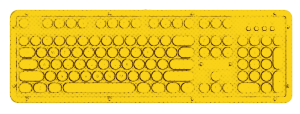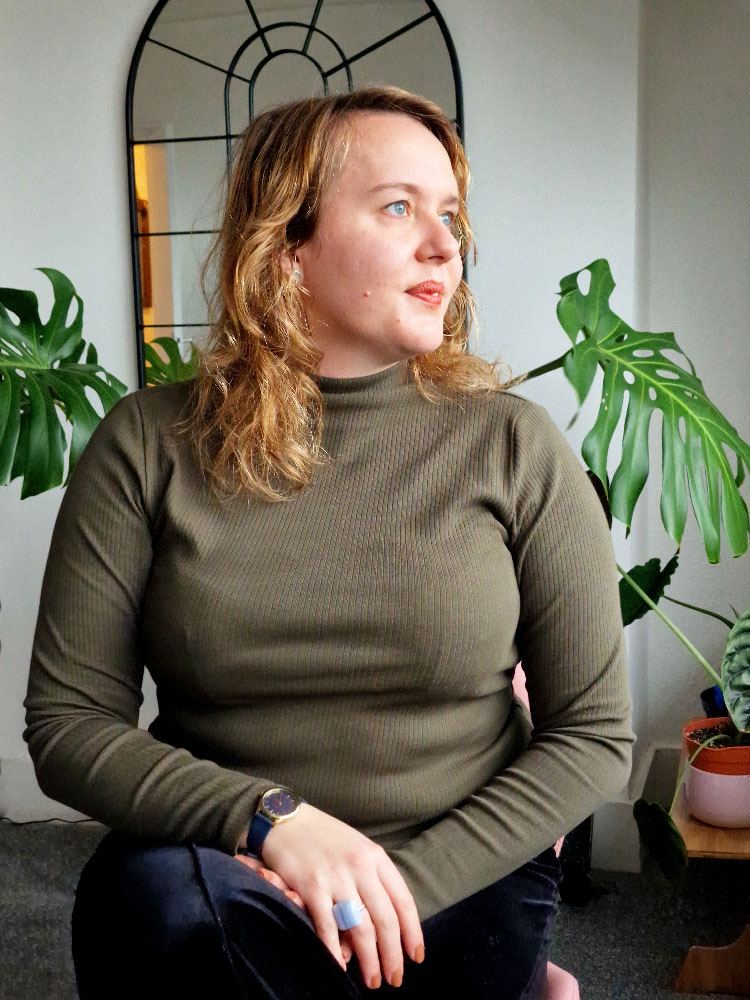The journey from writing a Master’s thesis on Shakespeare to content marketing for brands was an interesting one. The process from student to writer made me adapt my writing style, rethink research, and adapt my writerly muscles to a whole different sort of prose exercise. From the past six months, here are some of the most valuable lessons I have learned.
You can’t always be a prose perfectionist
In the fast-moving digital world, you can’t necessarily permit yourself three hours to find the right pun for a new blog post.
It’s important to know when is the right time to ‘let something go’. As an English student, it’s easy to seek prose perfection and yearn for the time to construct beautiful sentences.
The truth is, timescales, budgets and deadlines won’t allow you to always be such a stickler. What I learned was that you have to adapt by writing perfectly good prose fast, without obsessing over obtaining some elusive perfection.
Editing is still crucial, but you have to be quick about it
Editing, leaving your writing to breathe, is one of the best things you can do for it.
In fact, it’s absolutely vital for any good writing. In the digital world where time is of the essence, I would recommend immediately jotting down ideas when you land a brief. Sketch out the main outline with headings and create some initial bullet points with your keywords and key points. Whenever you can, add a few sentences here and there if you can’t devote more time to writing straight away. When you get a moment, get back to it and write the main body of the content. Then, leave it. Make coffee, have lunch, go for a walk. Come back, and chances are you will have loads to change and before you know it: it’s almost done.
Don’t leave out editing when pushed for time, but learn to write in such a way that allows for it.
Learn from others and get to know your industry
Much like the academic world of English departments, digital marketing is a sphere where a lot of sharing goes on. Like a lot. So use this vibrant and friendly community by following others on Twitter, signing up for newsletters, blog commenting and reading articles. I have learned so much from reading content on places like
Quicksprout and
Copyblogger, but I have also learned from passionate freelancers and bloggers whose zest for content marketing and digital writing is catchy.
Read a lot online. Measure what you enjoy and then break it down. What appeals to you and why? Is it something you can emulate? I realised I liked humour and bold statements, so I started throwing a bit more of that into my content. Worth it!
Research fast and be critical of your sources
Good research is often the difference between average and great content. It’s important to spend enough time on this step, but also move off it relatively quickly so as not to get stuck in a maelstrom of facts.
Use the internet judiciously: always read things with a critical eye. Remember, just like you, writers may have ulterior motives for endorsing a product, place or service. I always try to cast my net wide and use a variety of sources, from news articles to blog posts and FAQ pages. I often copy-paste interesting facts and figures into a notepad or a Word document, picking them apart when I come to writing later. Only save the really crucial bits. Credit sources where you can, and don’t take too many shortcuts so that you end up plagiarising. If you can’t find something, move on, and come back later. Change your tact if you need to.
Think audience, audience, audience
Something that wasn’t so drummed into me before was how critical, bored and uninterested your potential audience probably is.
Writing online is all about giving the user what they want. So putting the user first and thinking of your audience as you write is absolutely vital: you don’t have any time for waffle or incidentals. You can use personas when you write if that helps, but I just try to distance myself from my writing. Having a break and returning to it, reading your content the day after, means that you are distanced enough to pick up on that odd adverbial phrase or awkward comma and take it out. If you have no time for long breaks, just pause every now and then and ask yourself the ‘so what?’ question. This is something a tutor at University taught me and it can really help you cut to the chase. If three sentences in someone is still thinking ‘so what’, they won’t be sticking around for long. In fact, most people will tell you only get about three words with online writing…
Loosen up!
Writing for an academic audience is not the same as writing for the casual web browser and user.
I had to learn to considerably loosen up my prose style by chopping sentences down, changing my syntax and adding in colloquialisms and little asides. It’s not about forcing yourself to suddenly become really kooky and comic, but about loosening your prose around the edges to make it more engaging. Fun writerly exercises like the ones in this
book helped me see my writing in a different way and embrace a looser prose style.
My journey has been an amazing one so far: intellectually stimulating, challenging and full of surprises and great people. I feel grateful to do what I do! Let me know what lessons you have recently learned at work below. 







